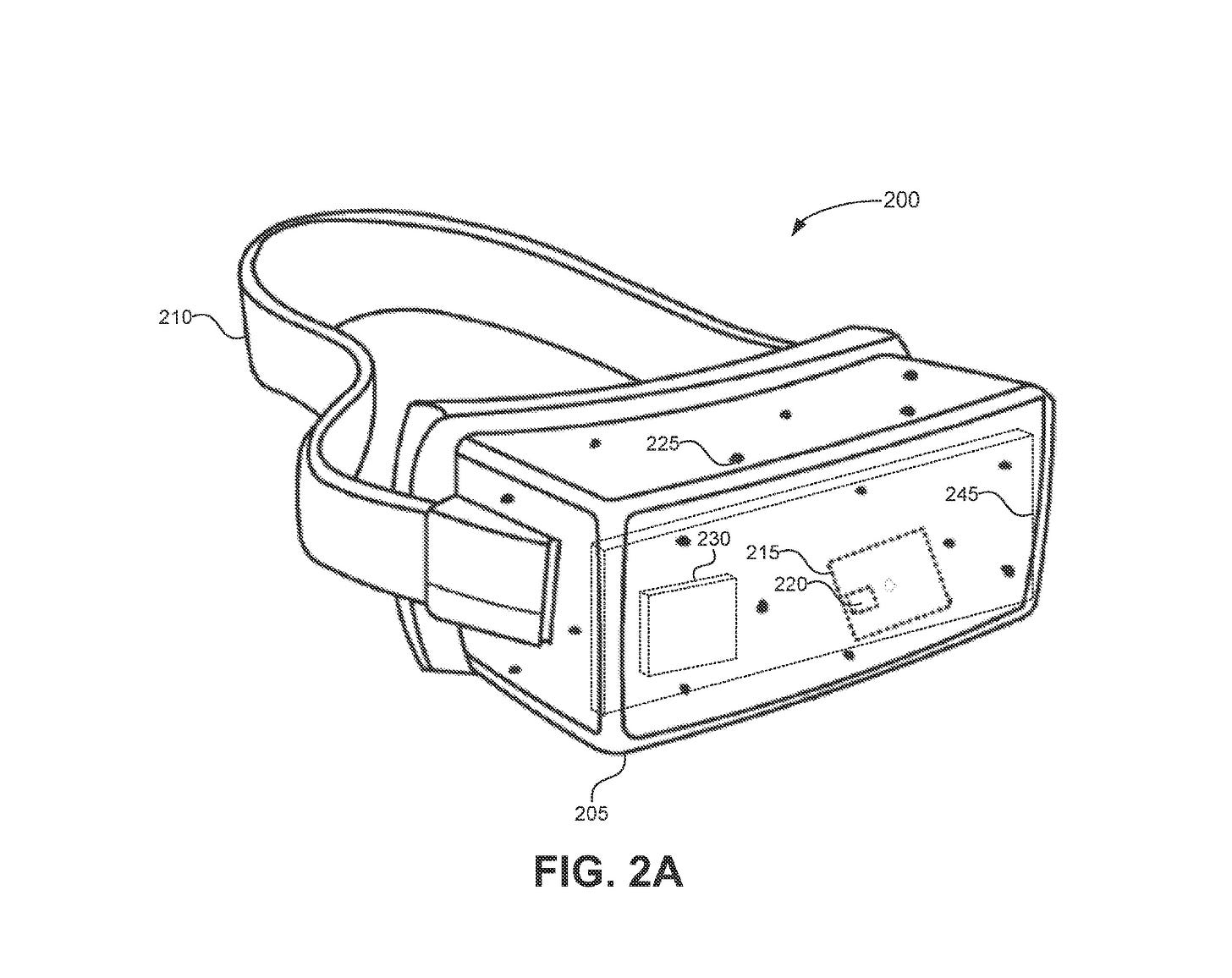Monetizing the Metaverse: Meta’s Comeback Plan
Meta may have a plan to make some cash back from its metaverse bet.

Sign up to uncover the latest in emerging technology.
Meta wants to make the metaverse pay. Literally.
The company is seeking to patent a method for tracking user engagement with content in an artificial reality space. This tech monitors user movement through a virtual reality environment, then displays additional media throughout the space depending on where you are.
Along with placing ads where you move your avatar, this system also tracks engagement with those ads, checking metrics like “minutes of experience,” interaction with the content such as shares or likes, body movement and face gestures during the experience. If you interact with an ad for a certain amount of time, have a certain reaction, or even just move past it slowly enough, this system will pick up on those nuances and feed you similar ads. It’s just like how targeted ads work on its main social media platforms, Facebook and Instagram, except more intense.
“Conventionally, typical artificial reality environments fail to provide content and experiences tailored for individual users and/or individual categories of users,” Meta said in its filing.
Meta also noted that this tech can improve the function of the device itself, as its techniques improve “processing and efficiency” of tracking metaverse engagement.

To be frank, this is probably the least surprising move Meta could have made. The company has filed patent after patent for tech to continually improve its metaverse, throwing darts at everything from eye-tracking tech to digital floor plans of our home. It’s also recently sought to patent tech to hyper-personalize its ads, following a similar vein of closely monitoring user activity to deliver just the right content, and could be integrated into a metaverse environment the same way it’s applied to Instagram or Facebook.
It makes sense why Meta wants to siphon more money from its metaverse bet. The company spent $13.7 billion on building AR and VR technologies in 2022. Now, even amid what Mark Zuckerberg has deemed the company’s “Year of Efficiency,” the tech has remained one of Meta’s top priorities.
Plus, the company makes the lion’s share of its revenue from digital advertising – more than $28 billion in the first quarter to be exact – whereas Reality Labs, its unit that works on metaverse tech, only brought in $339 million, down more than 50 percent from the same quarter last year, the company reported yesterday.
Meta itself admitted that a built-out metaverse is far out on the horizon. The company’s Head of Global Affairs Nick Clegg said last month that the company’s vision is “going to take a while.” This patent may be the company looking for ways to get some cash flow out of its investment while it waits.
But Meta has run into quite a bit of hot water for its advertising practices. In January, the company faced a $414 million fine in Europe after regulators that deemed the company had practically forced users to accept personalized ads unlawfully. Meanwhile, in the U.S., a bipartisan group of lawmakers is trying to break up the digital ad duopoly that Google and Meta hold with the AMERICA Act. Sen. Mike Lee (R-UT) claims in the legislation that the companies exploit their mountains of personal data to “obtain vice grip-like control over digital advertising.”
Suffice it to say, if Meta does want to monetize its metaverse with hyper-personal ads, it may face more than a few obstacles in doing so.
Have any comments, tips or suggestions? Drop us a line! Email at admin@patentdrop.xyz or shoot us a DM on Twitter @patentdrop. If you want to get Patent Drop in your inbox, click here to subscribe.









